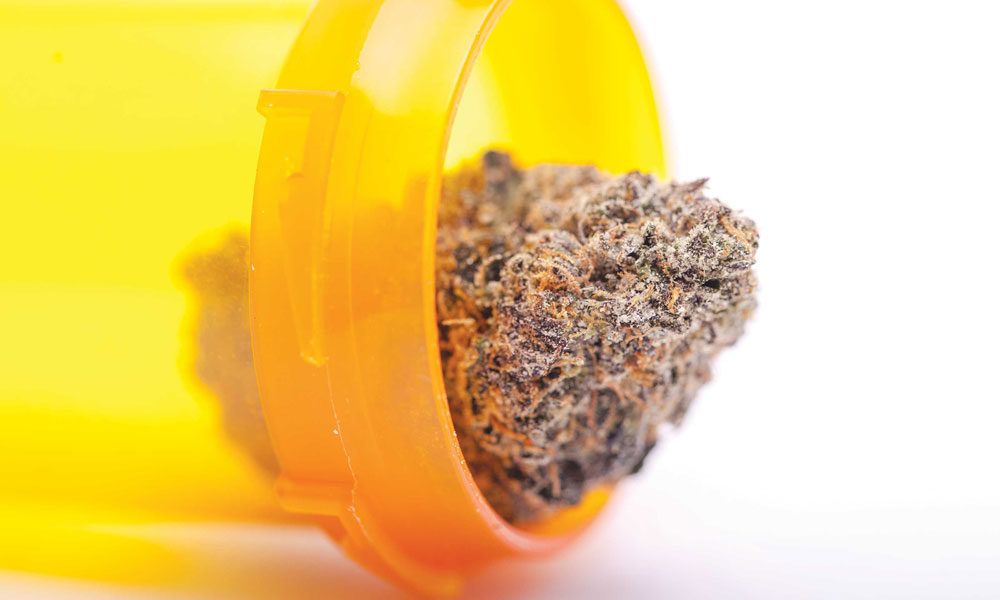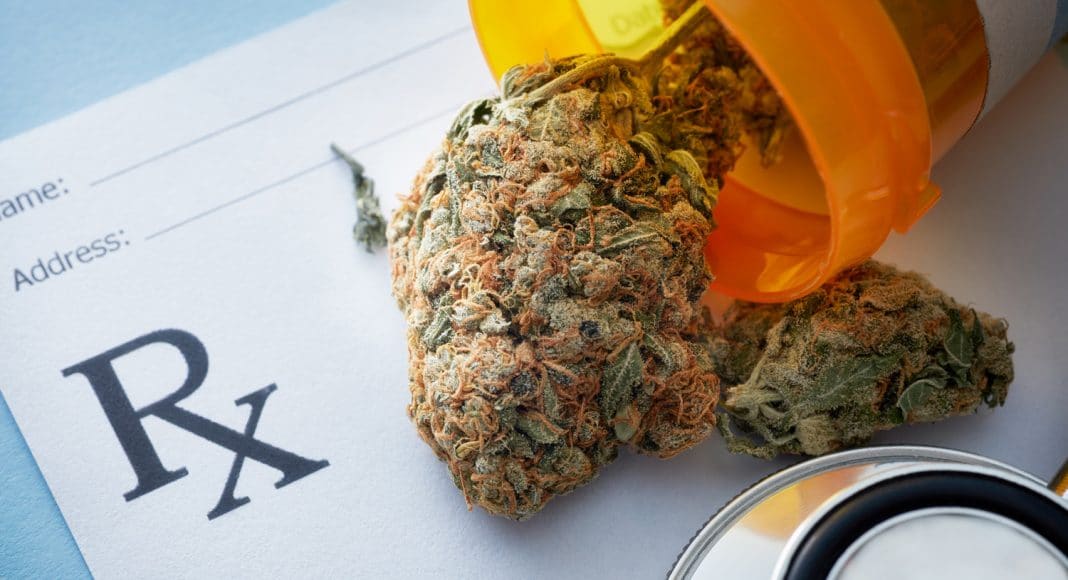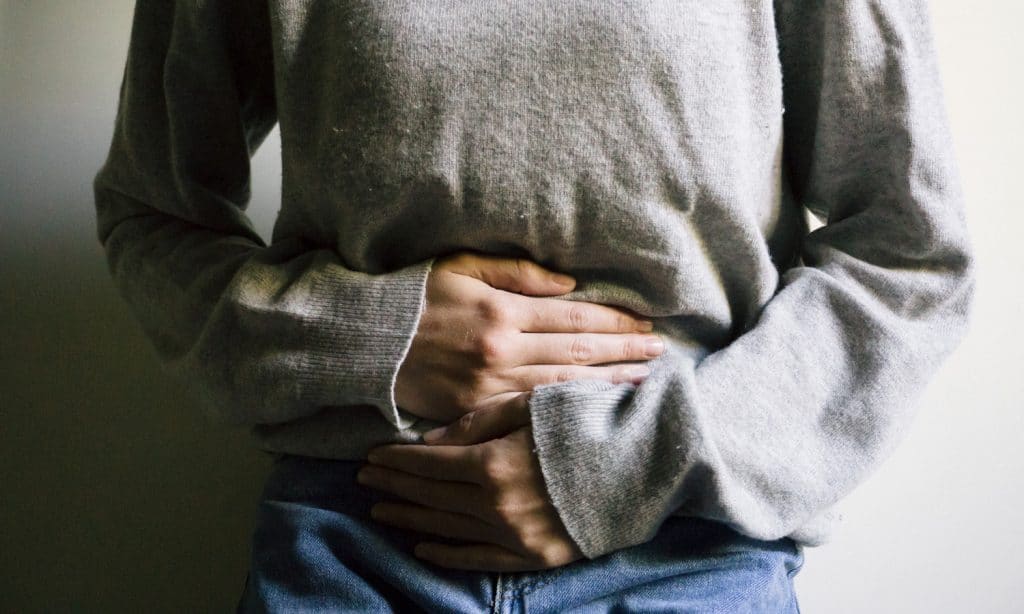Cannabis in Cancer Treatment: Research and Medications
As cannabis legalisation spreads, research has found considerable use in for cannabis in medicine. One particularly promising area of research is in the treatment of cancer. Cancer patients suffer not only from cancer, but the damaging effects of treatment.
Cannabis Cancer Treatments as an Alternative to Opioids
Doctors prescribe various forms of opiods to cancer patients for pain. These drugs have their own effects and issues given the current
opiod epidemic. Several countries have large scale overdoses from prescription opiods. There has never been overdose from weed. Therefore doctors now consider cannabis as the better treatment option.
Cannabis
interacts differently to the human body than opioids. In some cases opiods work better. At other times cannabis treats the pain of cancer patients better. The same is true of individuals with from other major illnesses.
Cannabinoids even alleviate certain types of pain that opiates don’t always treat well.
Early studies suggest, and patients confirm, the use of
cannabis in pain management for cancer. With increasing social acceptance more doctors feel comfortable recommending it to treat chronic pain.
Acceptance of Medicinal Cannabis
A majority of US states, in Mexico, in many countries in South America, in Canada, in most of Europe legalised cannabis for medical purposes. As a result, medical usage now grows substantially now that doctors and hospitals have access to legal cannabis.
Major research hospitals such as
Montefiore in New York now use cannabis for treating cancer and HIV, as well as make new studies. Patients with advanced cases of cancer or HIV lose weight and vomit. Furthermore, cannabinoids treat these symptoms as the doctors either do chemotherapy or prescribe antivirals for the HIV.
Approved Cannabinoid-Based Medications
The FDA approved the THC-based drugs
Dronabinol and Nabilone to treat extreme weight loss and nausea due to chemotherapy. The medications offer more accurate dosing than smoking and insurance covers them. Treatment for many serious medical conditions can be very expensive, and drugs that have no government approval do not get insurance coverage. Consequentially, insurance companies need government approval to subsidise treatments.
Sativex is a cannabinoid medication prescribed to
cancer patients and individuals suffering from epilepsy and other muscle disorders. Portugal subsidises medical cannabis. Portuguese pharmacies sell Sativex and other
approved cannabis medications for low prices. However, Sativex costs approximately 510 Euros in Spain. This is because Spain does not have complete legalisation of medical cannabis. Public healthcare cannot cover cannabis derived medications without the proper legal framework. National legalisation of medical cannabis could occur as early as 2020 in Spain. Vice President of Spain
Pablo Iglesias is a huge proponent of complete legalisation. Obviously, cancer patients need affordable Sativex and other cannabinoid products to treat cancer.
Spain researches advanced use of cannabis medications.
Nabiximol is a cannnabis derived drug that exited clinical trials in Spain. It relieves nausea and vomiting in cancer patients undergoing chemo. Germany approved Nabiximol as treatment for multiple sclerosis. For either cancer or multiple sclerosis it is a spray absorbed by the mucous membranes of one’s mouth.
Effects of Cannabis Medications
Various chemicals in marijuana effect the immune system in different ways. THC’s suppression of the immune system treats chronic inflammation of people undergoing cancer treatments such as chemo. This inflammation debilitates patients causing lethargy and memory lapses. In
regulated doses THC manages the immune system response and reduces these treatment side effects. In addition, those treated with cannabinoids don’t have issues with withdrawal from treatment.
Research and Administration of Cannabis Medications
Patients do not smoke
medical grade cannabis. They take prescription cannabinoids in pill or liquid form. Patients take it in oral form or it can be inhaled or sprayed in the mouth or nose. This is another reason why legalisation is so important. Legalisation allows companies to create better cannabis products for medical use. Governments can evaluate the effectiveness of legal cannabis medications. The non smokable approved medications are much safer for patients to take. Therefore cancer patients may avoid unsafe ways to consume cannabis.
Other
research on cancer cells suggests that cannabinoids inhibit cancer cell growth. Researchers used cancer cell lines grown in the lab, such as
HeLa, and on mice However, medical authorities have not approved cannabis to treat cancer cells. Current studies suggest cannabinoids slow the growth of cancer cells and even kill them. Considerable research needs be done to develop more effective cannabinoid medications. As more people take cannabinoids for approved nausea, vomiting, and approved uses, the data on the effects that they have on cancer can supplement research and clinical trials. However, caution must be taken because some cannabinoids cause some types of
cancer cells to grow.
Radiation therapy works well for some patients. But for others causes
secondary cancers. No one cancer treatment works for all patients. Cannabinoids
negatively interact with immunotherapy treatments or other medications. This is why doctors tightly monitor the progress of the treatment to make sure the treatment works, as opposed to harming or killing the patient. Therefore, any cannabinoid use for cancer treatment should be approved by one’s doctors. Patients should not self medicate with any medication for cancer. Clearly, cannabis’s future as source of medications for cancer is bright.


cannabisnow.com


